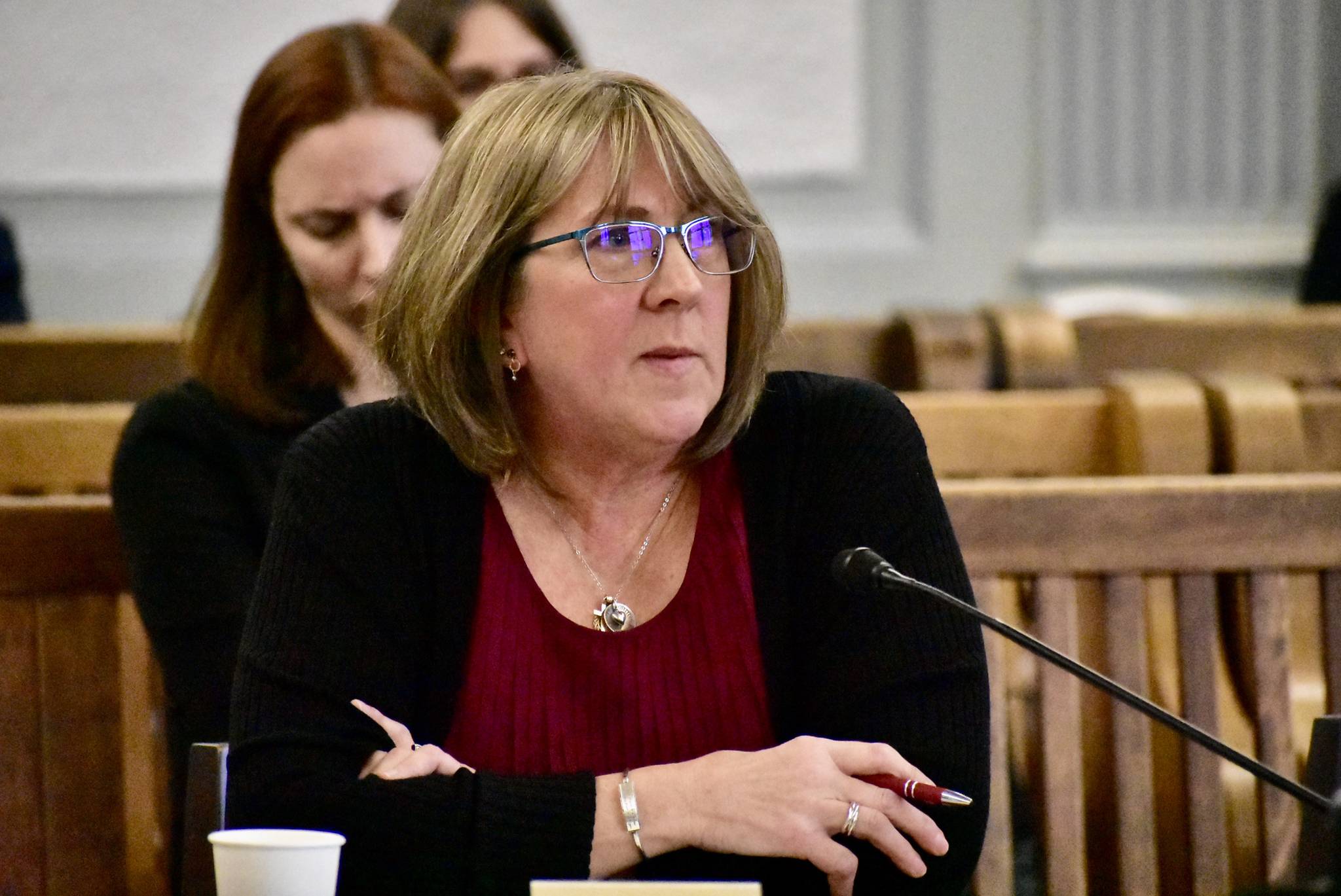There’s a group in the state pushing for a broad initiative they say will make Alaska’s elections more fair and transparent.
Alaskans for Better Elections have submitted an initiative that would make substantial changes to the state elections by requiring open primaries and instituting ranked-choice voting in the state.
“In Alaska, we see non-partisan candidates and voters get shut out of the voting process,” said Shea Siegert campaign manager for AKBE. “The impetus of this initiative is to provide more power to more voice and more choice to Alaskan voters.”
Proponents of ranked-choice voting say it allows third party candidates a better chance at getting elected. With ranked-choice voting, voters number their preferred candidates. If no candidate receives an outright majority, lower-ranked candidates are eliminated and votes are reallocated based on second and third choices.
“When votes are counted, if no candidate receives a majority of all the first-choice votes, then the candidate with the fewest votes is eliminated,” AKBE’s website said. “If a voter’s first choice is eliminated, their vote transfers to their next choice. This process repeats until one candidate has received a majority of votes, and is declared the winner.”
This allows voters to choose their preferred candidate rather than “the lesser of two evils,” according to ranked-choice proponents.
However, in states dominated by one party, ranked-choice voting could result in general elections between two candidates of the same party.
At a bipartisan Legislative Council meeting Tuesday, Sen. Tom Begich, D-Anchorage, expressed concern this could lead to one party, likely the Democratic party since Alaska leans Republican, being permanently in the minority.
“I’ve been curious as to whether or not (Legislative Legal Affairs) or anyone else has done any analysis to identify whether a process where you have ranked-choice voting leads to the permanent assignment of my party to the minority,” Begich asked Megan Wallace, director of LLA.
Wallace said she was not aware of any such analysis.
Another aspect of the initiative which raised eyebrows at Tuesday’s meeting was its disclosure provisions. If the initiative were to pass “all contributions…in excess of $2,000 in the aggregate during a calendar year, the true source of such contributions and all intermediaries, if any, who transferred such funds, and a certification from the treasurer,” according to the text of the initiative.
That’s meant to combat what the initiative calls, “dark money” or money whose original donor has been obscured through several intermediaries.
The initiative does not limit campaign contributions, Siegert said.
“What it simply is is providing voters with the knowledge to know who is spending money in Alaska,” he said.
The initiative would make big changes to Alaska’s voting system, something which might not hold up in court, said Sen. John Coghill, R-North Pole.
“You start going down the list of what is to be changed, there is a lot that already has court precedent,” Coghill said. “I think we’re being disingenuous to the people of Alaska if we don’t list what the repealers are.”
The state has already tried to challenge the initiative in court, saying ballot initiatives can only address one issue at a time. Lt. Gov. Kevin Meyer previously rejected the initiative following the advice of Attorney General Kevin Clarkson, but in October, an Anchorage Superior Court judge allowed the process to move forward.
In his review of the initiative, Clarkson said “if certified, (the initiative) would force voters into an all or nothing approach on multiple important policy choices, all of which implicate their fundamental constitutional rights in different ways.”
The signatures for the imitative are currently under review.
If certified, when the initiative goes on the ballot depends on when the Legislature ends its session. If the sessions ends by Apr. 29, Assistant Attorney General Cori Mills told the committee, the initiative will appear on the November general election ballot.
“This campaign is about a lot more than, ranked-choice,” Siegert said. “This is about the polarity of politics and that people feel they have the choice, and never be told that their vote is going to be thrown out.”
• Contact reporter Peter Segall at 523-2228 or psegall@juneauempire.com.

